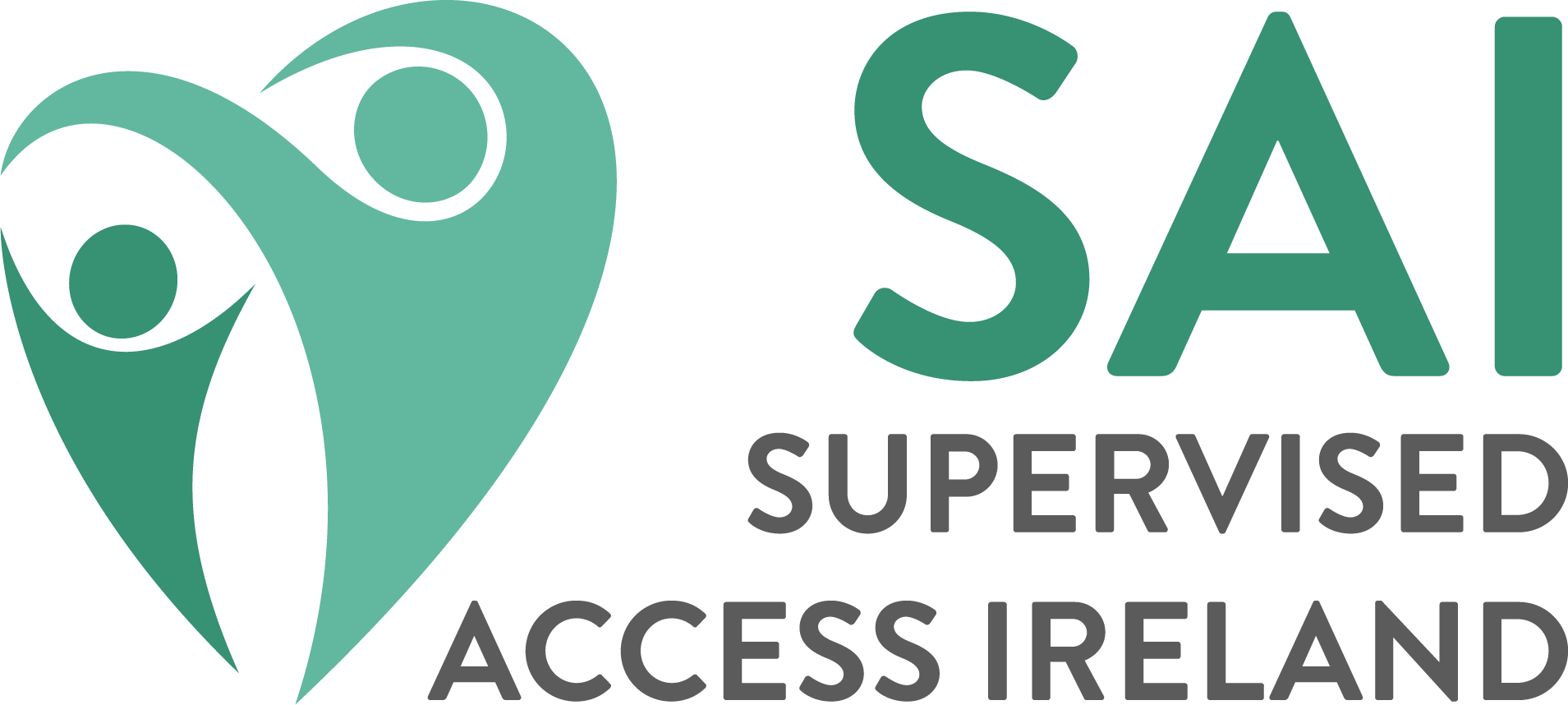Navigating New Horizons: Key Updates in Irish Family Law
Explore the latest transformative changes in Irish family law, from constitutional referendums to comprehensive statutory developments, and understand their impact on supervised access and family relationships in Ireland.
Introduction:
Ireland’s family law system is undergoing significant transformations, reflecting evolving societal norms and a commitment to enhancing justice and welfare in family relationships. As professionals in the realm of supervised access, it’s crucial to stay informed about these legislative changes and their implications.
1. Constitutional Referendums: A Step Towards Inclusive Family Definitions
In a landmark move, Ireland is set to hold two constitutional referendums on March 8, 2024. The first aims to redefine the concept of family within the Irish Constitution, acknowledging not only families founded on marriage but also those based on other durable relationships. The second referendum focuses on recognizing the societal value of family care, a pivotal aspect in family law and supervised access cases. These proposed amendments signal a progressive shift towards a more inclusive understanding of family structures in Ireland.
2. Legislative Advancements: Strengthening Child and Family Welfare
Several pivotal acts have been introduced or amended, reinforcing the rights and safety of children and families:
- The Children and Family Relationships Act 2015: This act broadens guardianship, custody, and access rights, besides introducing new enforcement provisions. It emphasizes the ‘best interests’ of the child, a cornerstone in supervised access cases.
- The Children First Act 2015: Effective from December 2017, this act fortifies child protection and welfare guidelines, crucial for ensuring safety in supervised access situations.
- The Adoption Amendment Act 2017: This amendment significantly revises adoption laws, focusing on the child’s best interests, a principle that aligns closely with the ethos of supervised access.
- The Domestic Violence Bill 2017: Offering extended protections, this bill directly impacts supervised access arrangements, particularly in cases involving domestic violence.
3. Family Court Reform: Enhancing Access to Justice
The proposed Family Courts Bill 2022, discussed at the Law Society’s Family Law Conference in July 2023, is set to reform Ireland’s family law and justice system. This reform aims to develop specialist family courts, ensuring that children’s voices are heard and their interests are safeguarded, aligning with the core principles of supervised access.
Conclusion:
These developments in Irish family law represent a significant stride towards recognizing diverse family structures and prioritizing child safety and welfare. As professionals in supervised access, understanding these changes is imperative for providing informed, effective, and compassionate services.





